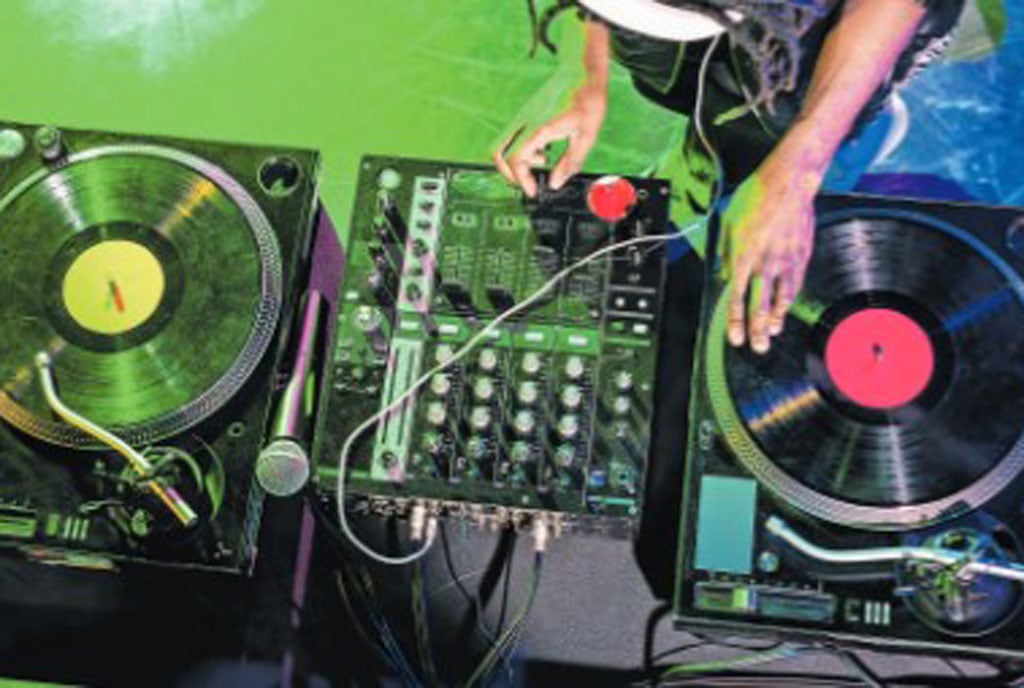Prime
2020 Paralympics: Tokyo titbits

Torchbearers Karin Morisaki, Yui Kamiji and Shunsuke Uchida wave before lighting up the Paralympic cauldron during the opening ceremony for the Tokyo 2020 Paralympic Games at the Olympic Stadium in Tokyo on August 24, 2021.
PHOTO/AFP
What you need to know:
- You must make daily entries about temperature variations, cough, flu symptoms, smell, fatigue, throat conditions, breathing and any headache.
When do you sleep?
It’s been four days since we arrived in Tokyo, Japan for the Paralympic Games starting today. In that time, the biggest challenge has been adjusting to the difference in time zones. Nights can be daytime and vice versa. I can now say the bodies have grasped that. However, with the sun rising as early as 4am, everyone is early out of bed.
Soon, you will find a multitude of athletes going through their morning workout before the daily Covid-19 sample collection that precedes breakfast. After that, many head to sports arenas to train as the inconvenience of the hot and humid weather strikes.
USA throw down party
There is always no surprise to find Team USA having the biggest contingent at any global sports event. Tokyo 2020 is no different. According to the U.S. Olympic & Paralympic Committe (USOPC), Team USA has 613 members this year. Of these, 294 are para-athletes. Organizers gave them an apartment block of their own within the Games Village. It is littered with the USA flag. In the night, on Friday, this block had loud music as they partied away. Amidst the silence of the Covid-19 pandemic and concentration on the Games, the music was welcome to most. No complaints.
Struggling with food
I wish some had warned me but that would kill the thrill. The beauty about travelling is discovering new places and cultures. Japan has been no different, as magnificent as expected. Part of the cultural adjustment is the food in the public restaurants. Most of it is served cold and part of it raw. Yes, the menu has lots of chicken and fish. I dare add pork. However, the chicken and fish comes with a tasteless bowl of soup.
There is free water too, given to awaken your taste buds at the start of every meal. We are living through and taking short walks to KFC and an Indian restaurant that serves chicken biryani. Don’t call me fat in September.
Age of cab drivers
There is something distinctly similar about the age of cab drivers in Tokyo, Japan. They are all fairly in their twilight. We have not met a cab driver who isn’t in their 50s or 60s. Although Japan has an extensive bus and train network, it’s the traditional ‘taxi’ that we have found convenient as visitors. The humble gentlemen navigate the largely empty roads using GPS and hardly hoot (how refreshing!).
Their cars have a plastic curtain separating the driver from the passengers in order to observe Covid-19 protocols.
Strategic Games Village
Located on the picturesque Harumi waterfront district of Tokyo and surrounded by the sea on three sides - athletes will have stunning views of Tokyo Bay and the famed Rainbow Bridge. Amenities include a 24-hour dining hall, with countless food options on offer. The whole village is barrier-free so para athletes. There is also Harumi Greenway and the recreation centre in the Multi-function complex, where many fierce table tennis battles could take place.
That OCHA App!!!
Every morning here starts with a basic routine by opening our smartphones to fill in our health details on the OCHA App.
You must make daily entries about temperature variations, cough, flu symptoms, smell, fatigue, throat conditions, breathing and any headache. Then, you must submit a sample for a Covid-19 test before having breakfast.
A supporting app, Coco, is also able to tell you about the health of those around you, if all phones have their Bluetooth turned on. If any variations from normalcy were to happen, health officials are bound to pick you from wherever you might be.
ismail dhakaba kigongo in Tokyo, Japan
[email protected]




